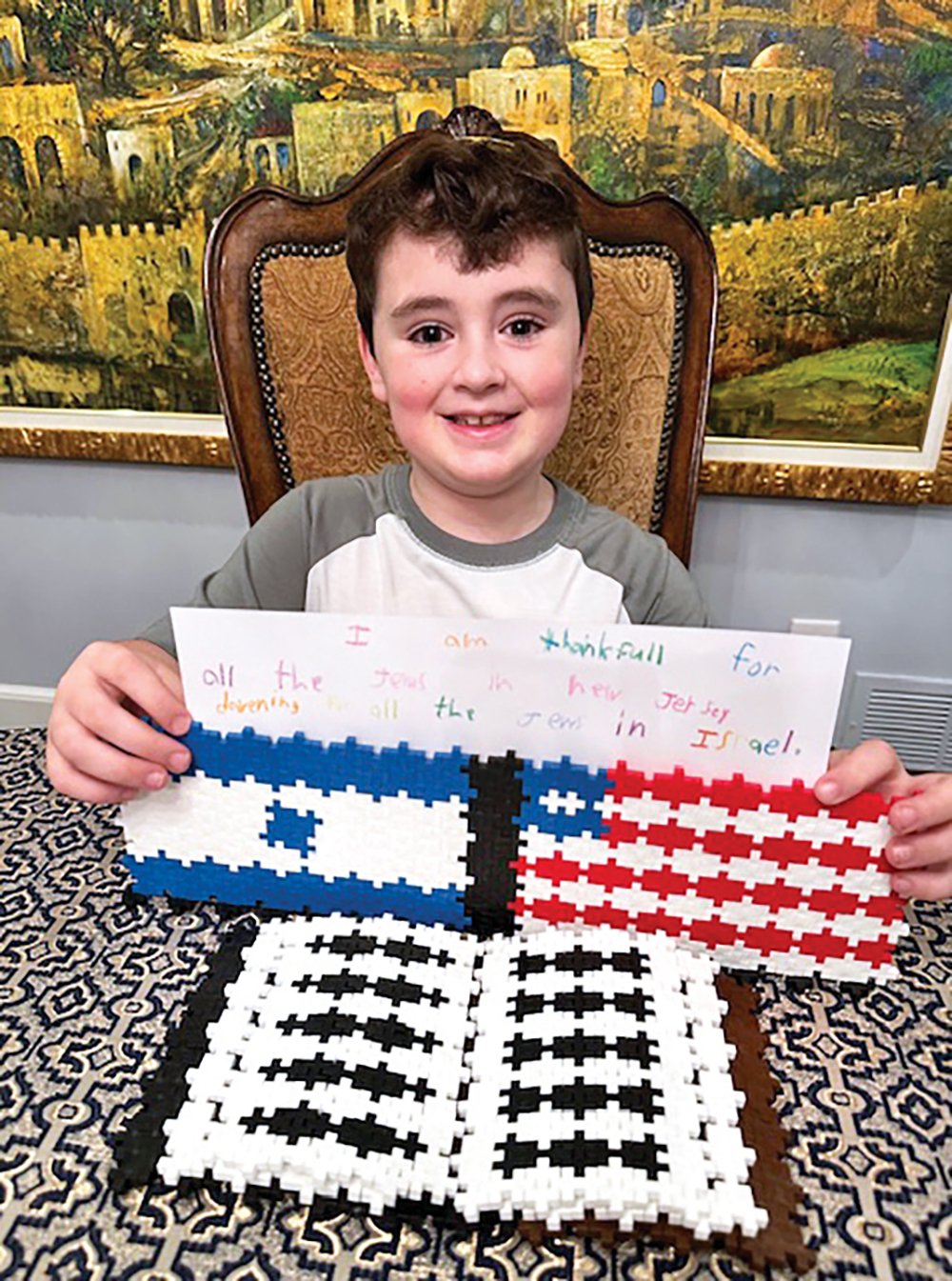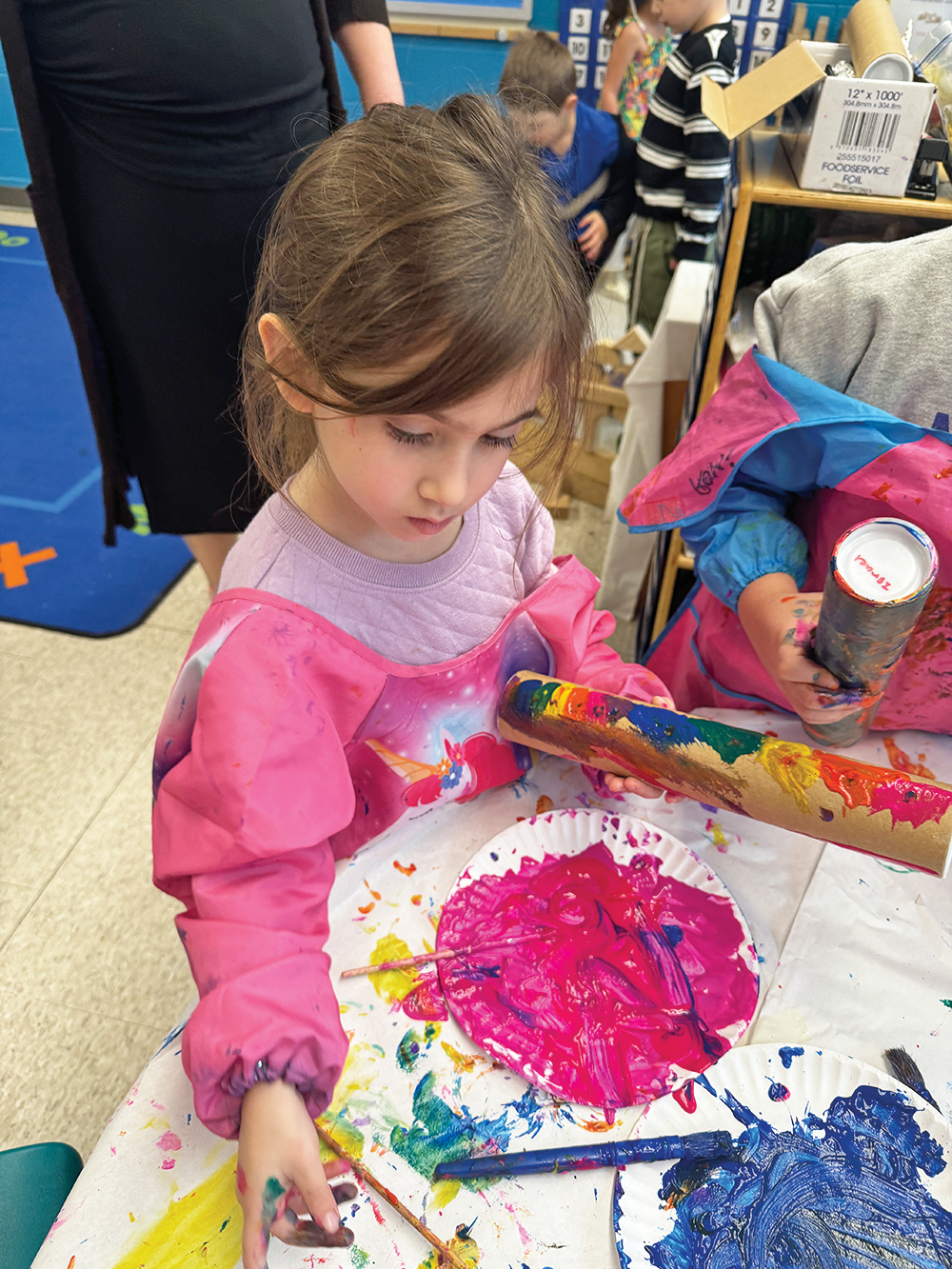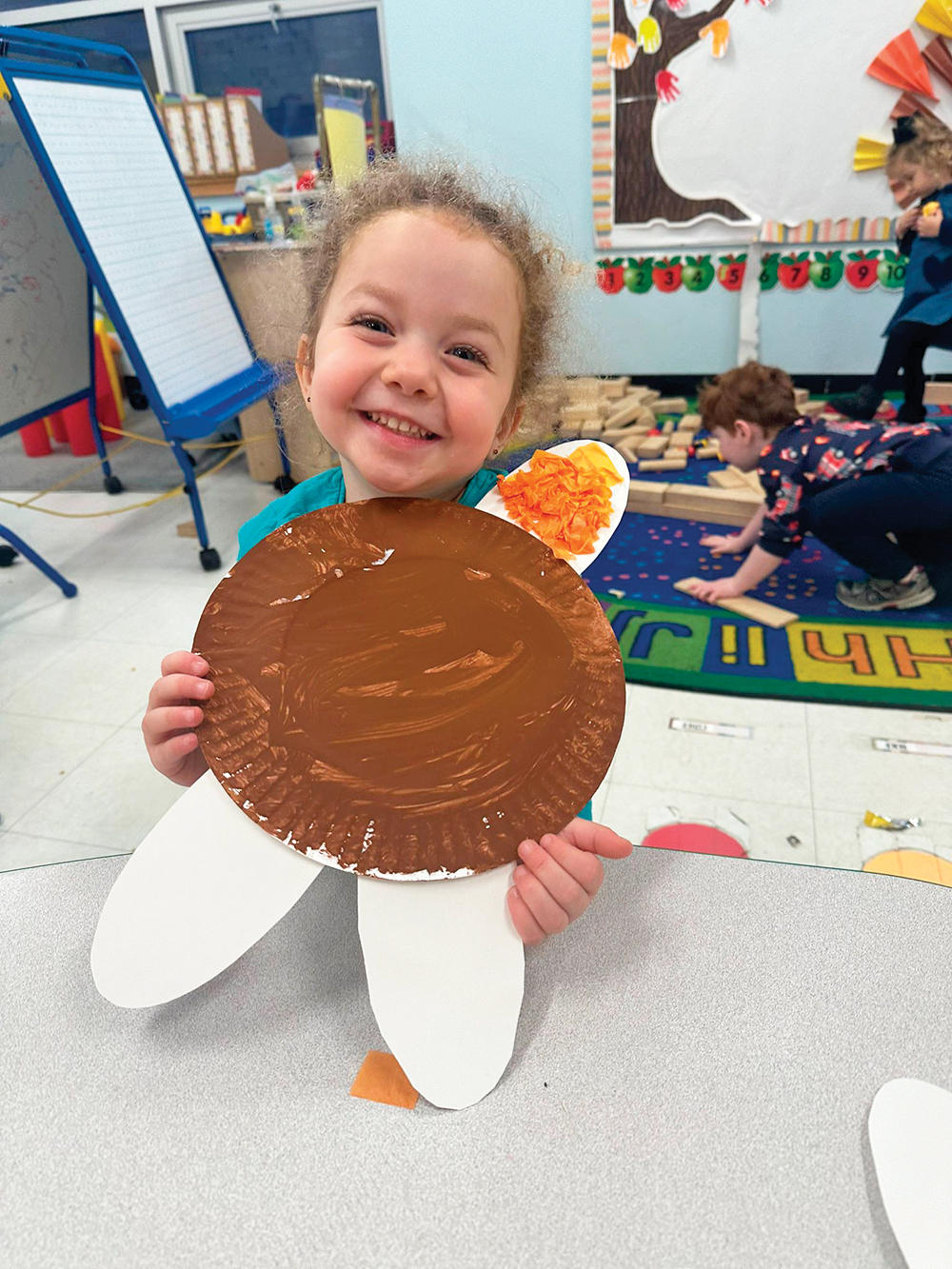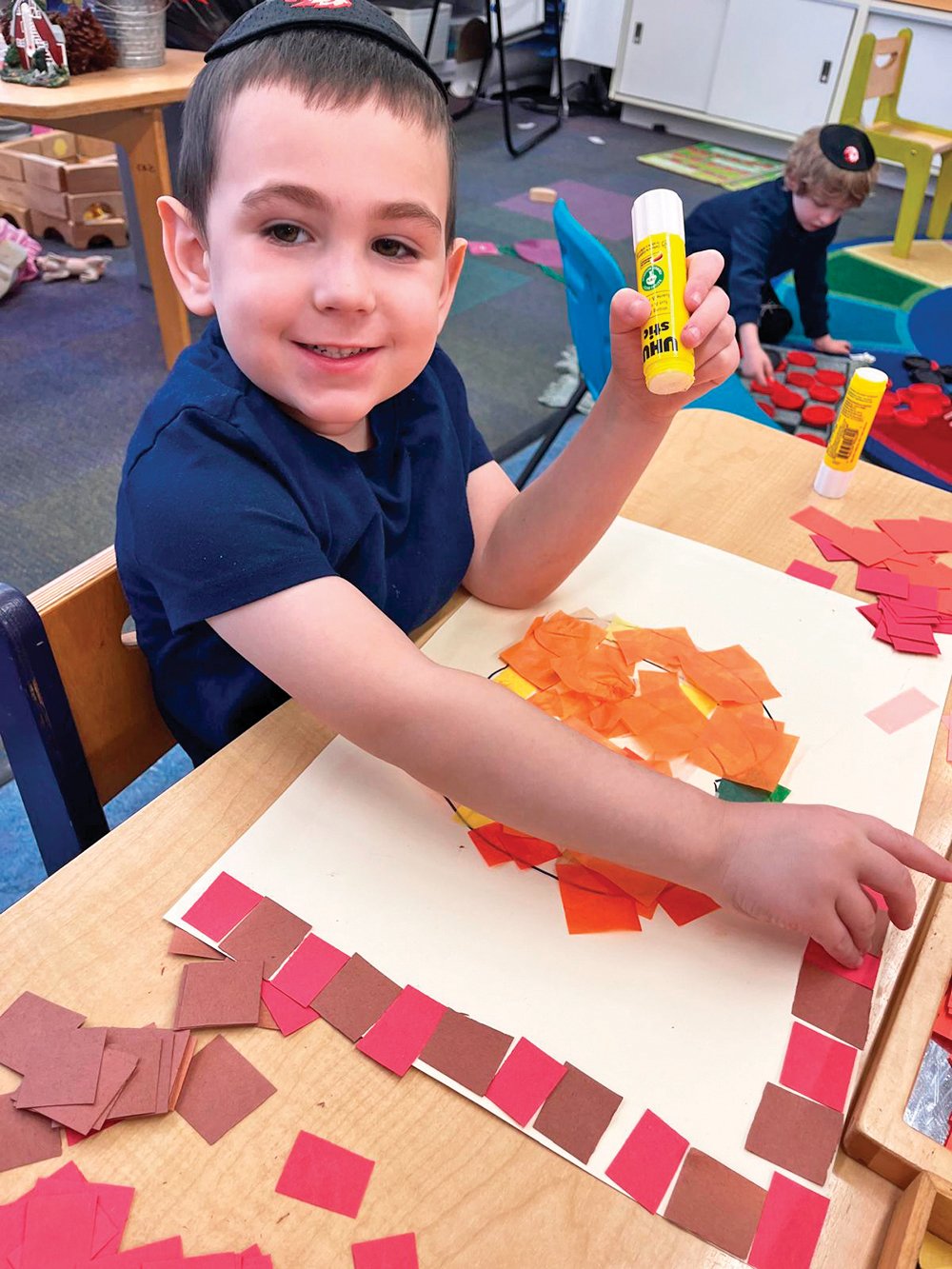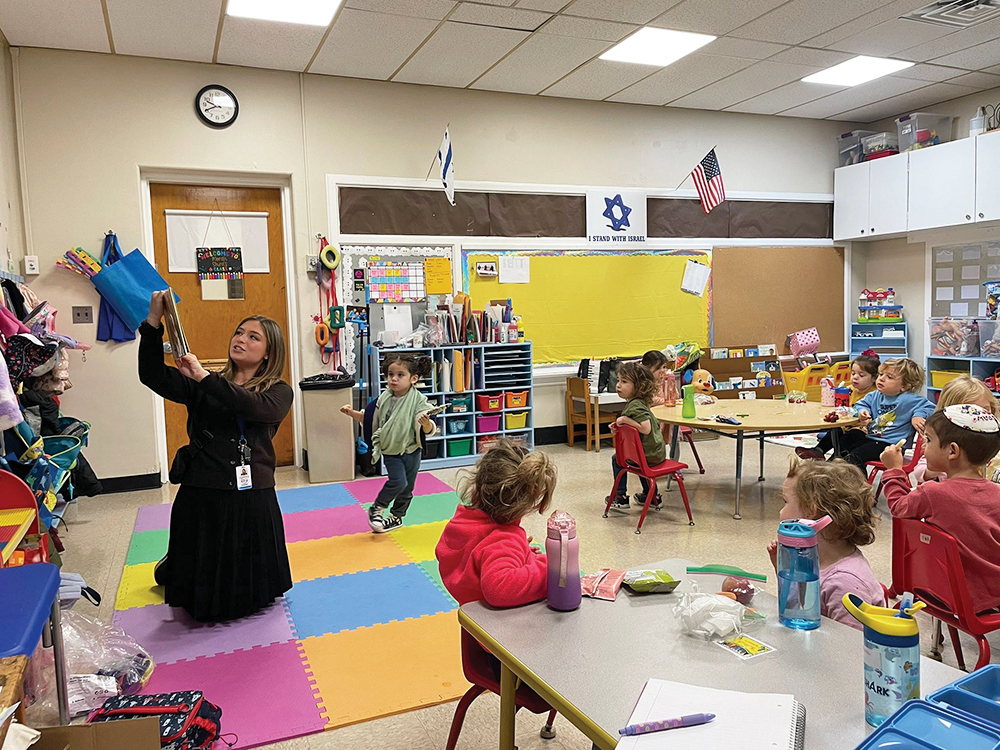
Rabbi Mendy Mirocznik, president of the Council of Jewish Organizations (COJO) on Staten Island, is known in the community for all of the pictures he is featured in, whether it be on social media or local or Jewish newspapers. But Mirocznik sees value beyond just the picture itself: “The picture in the newspaper, all kidding aside, is not me personally—it is the work that I represent.”
After all, for many in the community who see a picture of Mirocznik with New York City Mayor Eric Adams, for example, they do not just see two civic leaders. They see alongside the mayor a fellow community member, a colleague, a friend. They see someone who is advocating for their needs and interests. They see that they are represented.
Moreover, while the most visible parts of Jewish organizations are events, group pictures or well-recognized head figures, what is not immediately obvious is the essential contributions to the Jewish community that are brought about by community advocacy and civic engagement. COJO exemplifies Jewish action and the disconnect between what the public sees in a Jewish organization, and the behind-the-scenes, real work on the ground.
“Most of the stuff that we do by COJO, on an individual level definitely, a community level many times, doesn’t make it to the paper,” Mirocznik explained.
COJO serves as a “convener” for Jewish organizations, schools and synagogues across Staten Island. The Jewish voice is amplified by coming together and advocating for a common cause to improve Staten Island and Jewish life. COJO does not endorse political candidates, and they strive to be apolitical in their advocacy while representing a consensus pro-Jewish, communal interest standpoint.
Cultivating connections and relationships over a long period of time is what makes COJO most efficient in community organizing and civic engagement. Whether it is for issues related to Israel, antisemitism, congestion pricing, security, or the ability to burn chametz before Pesach, COJO maintains regular contact with elected representatives and government agencies, including the police, sanitation and fire departments, to ensure the Jewish community’s needs are met. Mirocznik believes that COJO’s effective work is demonstrated when, for example, the police call in the middle of the night to discuss a concern.
COJO was established in 1967 by Rabbi Joseph Harris. According to Mirocznik, this was in response to the Six-Day War, and part of a broader movement in the late 1960s of creating COJOs wherever they were needed. COJO is a member of the Jewish Community Relations Council of New York, where Mirocznik is on the board.
Mirocznik became president of COJO in 2012 after the passing of President Rabbi Saul Eisner a year earlier. When asked about the most interesting person he has worked with, Mircoznik did not hesitate when he said Rabbi Eisner, and he reflected on how Rabbi Eisner brilliantly combined leadership in Orthodox Judaism with community advocacy: “He had a very big impact on me. He can go from a blat of Gemara to a sewer issue within five minutes if he had to.”
Alongside Mirocznik in COJO’s leadership is Scott Maurer, who Mircoznik calls “a wonderful human being.” Maurer serves as COJO’s chief executive officer and executive vice president, and performs “many important day-to-day operations for the organization,” Mirzocnik noted. Maurer is also co-chair of the Staten Island Hate Crimes Task Force.
Iva Reuven serves as distribution manager for COJO’s kosher food pantry. Mirocznik explained that the pantry started almost 50 years ago for the goal of pre-Passover food distribution, before developing into a full pantry that also supports other pantries of diverse communities across the borough.
What motivates Mirocznik is a civic engagement philosophy. “I come out of the generation of people that—you put your heart and your soul in helping the community,” he said. “If you want to make a difference, you have to be part of the organization and you have to learn the civics.”
When asked about the impact of October 7 on community organizing, Mircoznik observed that “there is a tangible difference and you feel it.”
Mirocznik is involved in city-wide interfaith dialogue, and he is disappointed with the “lack of sympathy or understanding,” and a “lack of support for Israel in some quarters, some communities that I’m dealing with.”
Mirocznik finds that the rise of anti-Israel rhetoric is partly because of miseducation, misinformation and false equivalencies. “Some of it is innocent, other is antisemitic as a pretext.”
With these challenges in mind, ultimately, Mirocznik observes, the Jewish community cannot only be reactive when a crisis like October 7 and its aftermath arrives. It is crucial to be proactive as well—to have the infrastructure and long-developed contacts and relationships in place so that the Jewish community can spur into action when the time is needed.
“It’s important that we’re organized as a community constantly, because you never know when we have to get together for an emergency,” argued Mirocznik. “And if the community needs to mobilize for an emergency without proper channels of organization, we’re behind the eight ball.”
That is why civic engagement organizations like COJO are vital, and Mirocznik stresses how important it is for people in the community to get involved, to attend programs and support COJO: “You cannot expect to get the benefit of COJO if you’re not there supporting your COJO.” Even when times are good.
Alan E. Weintraub holds a master’s degree in history and an advanced certificate in public history, and is a genealogy researcher. Thoughts are welcome at [email protected].


